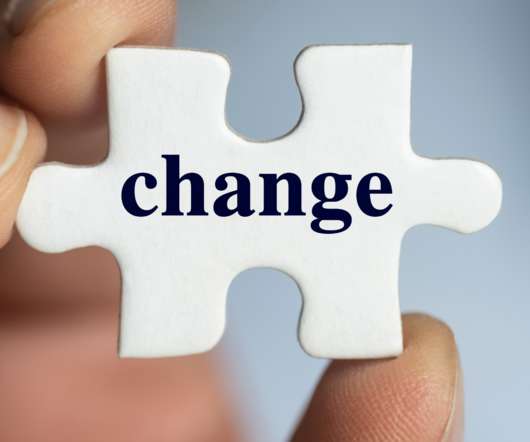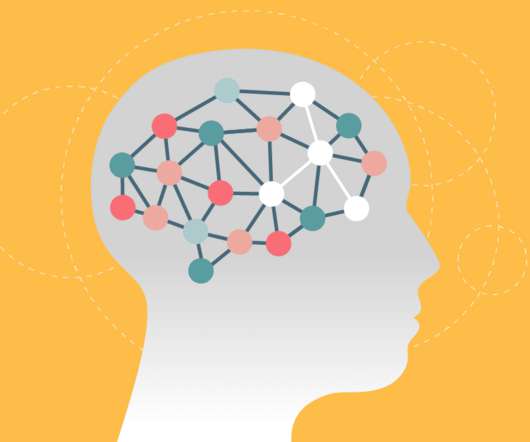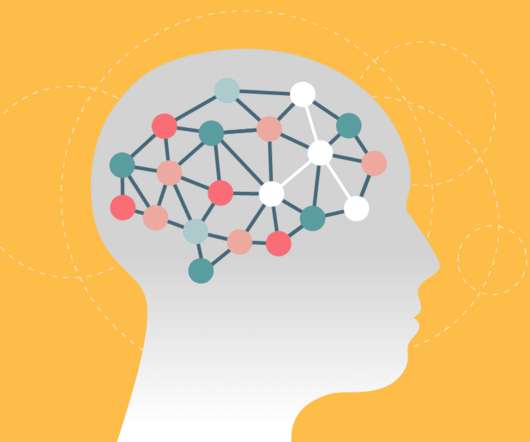Digital Natives Actually Stink at Search, Says Research
Mindflash
AUGUST 23, 2011
Gen Y have been called the first generation of “ digital natives ,&# those who never knew a world without the internet. Inside Higher Ed reports : The most alarming finding in the ERIAL studies was perhaps the most predictable: when it comes to finding and evaluating sources in the Internet age, students are downright lousy.
















Let's personalize your content